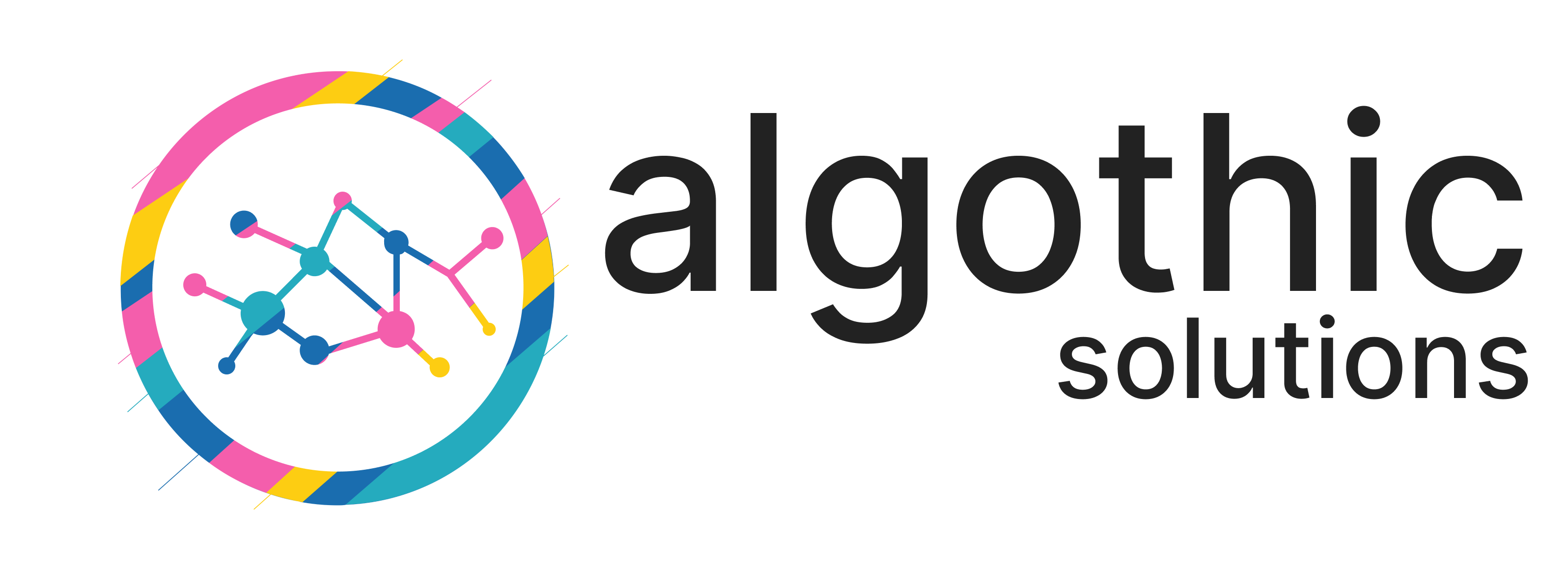When a client hires a contract software development company to design and build custom software, the business is making a strong strategic choice to let the experts take over the heavy lifting of application development, but that doesn’t mean the client is off the hook altogether. The client’s input and participation are a crucial part of the process. After all, without direction from the client, the developers don’t know what to build. Each hour the engineers spend building must be in service of developing the software according to the client’s wishes, so the client’s team must be able and willing to make.

Custom Software Development Blog by Syberry
Here we collect the best articles ever published by Syberry’s people
Potential customers often want to know if our custom software development firm possesses specific, relevant experience in their business domain. This is a great question — if a vendor has experience with similar projects to yours, that’s a good sign they’re a good fit. But the answer to this question isn’t the end-all, be-all, either. Of course, having relevant experience with similar applications in the same industry is a sign of an organization’s maturity. But the success of any given project — no matter what domain it’s in — depends less on expertise in that industry or business and more on the developer’s software development skill.
Contracting with third-party vendors to support any business processes — from marketing to finance to leadership consulting — requires sharing some amount of confidential information with outsiders. The nature and quantity of that information varies depending on the vendor’s role, but it’s especially significant for companies working with custom software developers to create new systems that will help run and grow the business. The software vendors will need access to information about business processes, the intellectual property underpinning existing systems, product roadmaps, and perhaps even customer and financial data, for starters.
Austin, Texas — In conjunction with a STEM class from New Jersey’s Seton Hall Preparatory School, Syberry Corporation is launching a new web ini-tiative to provide a central hub to match the urgent needs of COVID-19 frontline workers with individuals able to donate resources. Under the guidance of their teacher, David Snyder, students in Seton Hall Prep’s STEM class have decided to step up in a big way to support the medical community during COVID-19. Their vision for CovidRe-sourcesNetwork.org is to create one centralized, online portal where members of the medical community.
Software projects, no matter how carefully conceptualized, almost always encounter a number of changes, modifications, enhancements, and even fixes that make it difficult to accurately predict budget and commercial viability. The cause of this unpredictability is usually related to failure in one of three areas: setting expectations, drawing up thorough plans, and properly managing the project. Unlike commodities like a gallon of gas or milk, the ending cost of a software development project is often based on a conceptual understanding of the goal, not a step-by-step plan with strict mutual commitment and even stricter execution.
What our customers say about us

